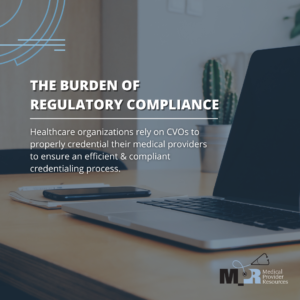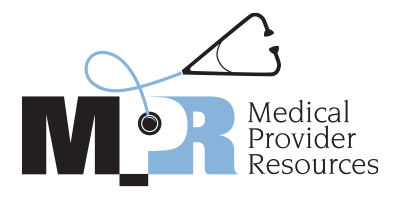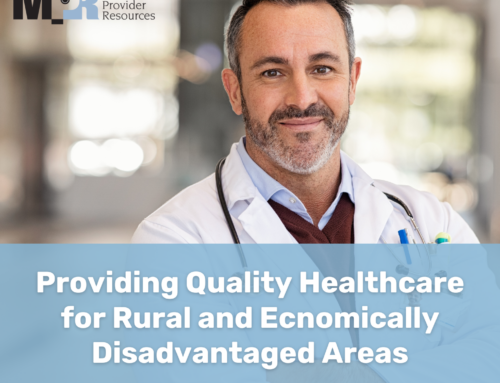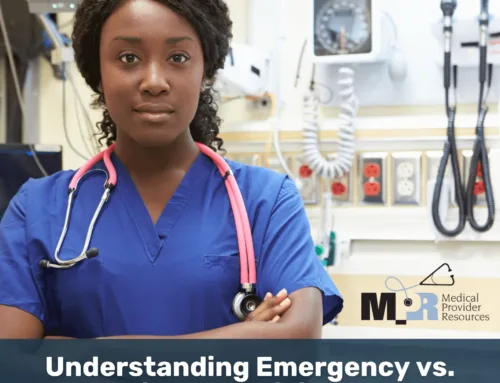Centralized Verification Organizations (CVOs) Can Greatly Reduce the Burden of Regulatory Compliance in the Medical Credentialing Process
 According to the American Hospital Association, “Health Systems, hospitals, and PAC providers must comply with 629 discrete regulatory requirements across nine domains.”
According to the American Hospital Association, “Health Systems, hospitals, and PAC providers must comply with 629 discrete regulatory requirements across nine domains.”
Regulatory Organizations
Healthcare organizations rely on Centralized Verification Organizations (CVOs) to properly credential their medical providers to ensure an efficient and compliant credentialing process. Listed below are a few examples of regulatory agencies that healthcare organizations are required to remain current on new releases of their accreditation standards:
- The Joint Commission – TJC
- Office of Inspector General – OIG
- The National Committee for Quality Assurance – NCQA
- The Centers for Medicare & Medicaid Services – CMS
- Accreditation Commission for Health Care – ACHC
- Det Norske Veritas – DNV
- Utilization Review Accreditation Commission – URAC
- Accreditation Association for Ambulatory Health Care – AAAHC
- Health Resources and Services Administration – HRSA
Opportunity to Reduce Burden
Contracting with an Independent CVO can greatly negate the costly fee associated with hiring, training, and retaining competent full-time employees that ensure your organization is meeting necessary accreditation and regulatory requirements.
This article was written by Krista Ward, Director of Centralized Verification Services at Medical Provider Resources. Sources Used: American Heart Association’s Regulatory Overload Report.



